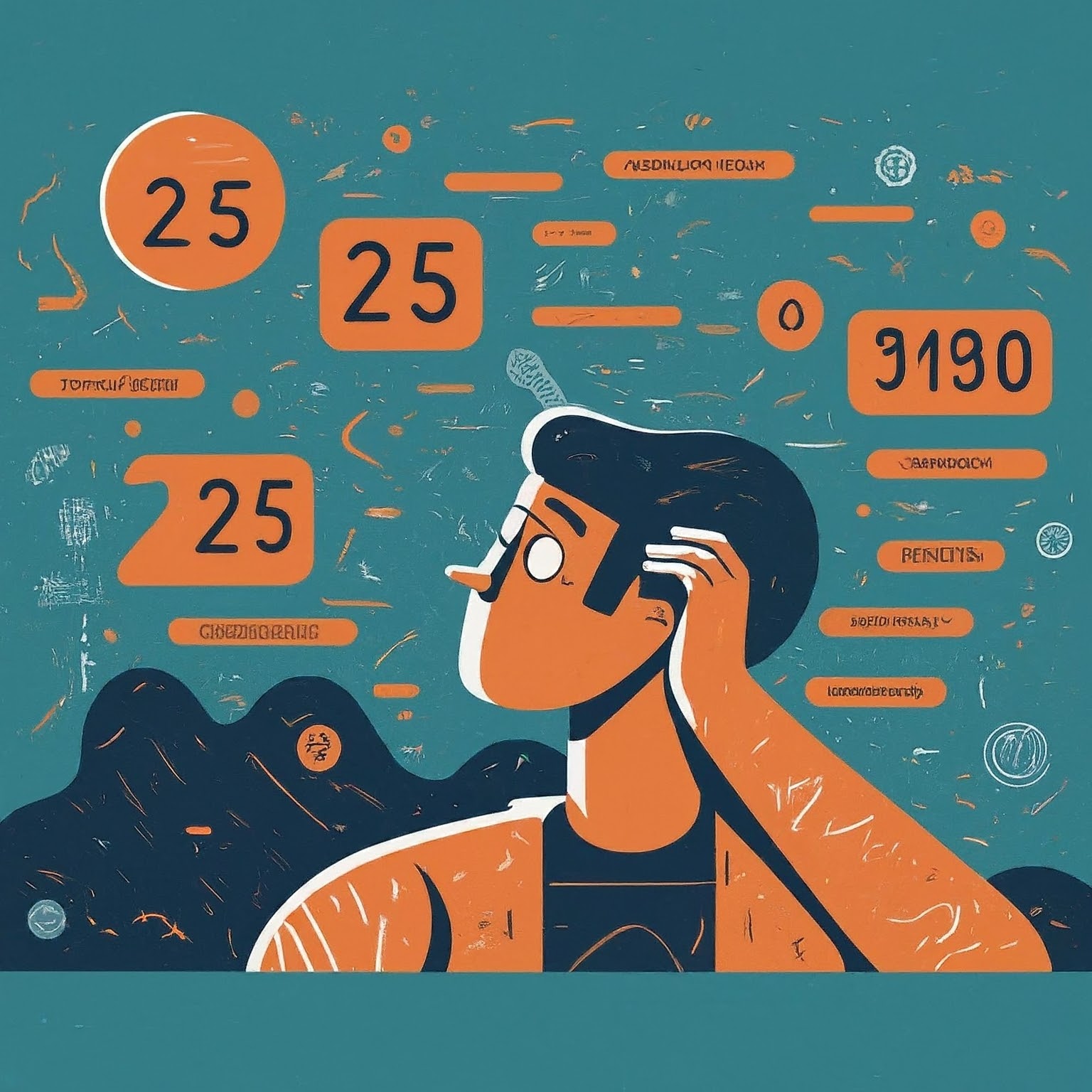Why You Need To Have Multiple Bank Accounts
Having just one account also puts all your...
September 16, 2024

Hey there, fellow Nigerians! Are you feeling the pinch in your wallet and thinking about getting a loan? With the current economic situation in our country, many of us are looking for financial solutions. But let’s be honest, the world of loans can be as confusing as Lagos traffic during rush hour.
Don’t worry, though – we’re here to break it down for you, focusing on peer-to-peer (P2P) lending, a growing trend in Nigeria. So, grab a cold bottle of Chapman, and let’s dive in!
First things first, let’s talk about P2P lending. Imagine you need some cash to start that small business you’ve been dreaming about or to pay for your cousin’s wedding (we know how big Nigerian weddings can be!).
Instead of going to a big bank like First Bank or GTBank, you borrow directly from other people through an online platform. It’s like asking your uncle for a loan, but with strangers on the internet. Cool, right?
P2P lending has been gaining traction in Nigeria since around 2016, with platforms like FairMoney and Carbon leading the charge. It’s filling a gap for many Nigerians who might struggle to get loans from traditional banks.
Now, when it comes to these loans, interest rates are the big deal. They determine how much extra you’ll pay back on top of what you borrowed. Understanding these rates is key to making sure you’re not paying more than you should – after all, we want you to have enough left over for your weekend owambe!
P2P interest rates are a bit different from what you’d get at a traditional bank. They can often be lower, which is great news for borrowers like you and me. But here’s the catch – they can vary a lot depending on a few things.
In Nigeria, P2P loan interest rates typically range from 12% to 30% per annum. Compare this to some traditional banks that might charge up to 25% or more, and you can see why P2P lending is becoming popular.
When you’re looking at P2P loans in Nigeria, you’ll come across two main types of interest rates:
You’ll also hear about APR (Annual Percentage Rate). This is the yearly cost of your loan, including fees. It’s the number you want to look at when comparing different loans. In Nigeria, the Central Bank requires lenders to disclose the APR, so always ask for this figure.
When you’re going through your loan agreement, keep an eye out for these things:
– Origination fees: Some lenders charge you just for giving you the loan. In Nigeria, these can range from 1% to 5% of the loan amount.
– Prepayment penalties: Some might charge you if you pay off your loan early (can you believe it?). Thankfully, many Nigerian P2P lenders don’t have these, but always check.
– Late payment fees: These can really add up if you’re not careful. They’re often around 1% of the overdue amount per day in Nigeria.
Want to make sure you’re getting a good deal? Here are some tips:
Watch Out for These Common Mistakes
– Hidden fees: Always ask about ALL the fees involved. Some Nigerian lenders might have insurance fees or processing charges.
– Ignoring the terms and conditions: Yes, it’s boring, but it’s important. It’s not as fun as reading the latest Nollywood gossip, but it could save you money!
– Borrowing more than you can afford: Be honest with yourself about what you can pay back. Remember, defaulting on a loan can affect your ability to borrow in the future.
Putting It All Together
Let’s say you want to borrow ₦500,000 for two years to expand your small shop in Oshodi market. With an interest rate of 15% APR, you’d pay back about ₦24,500 per month. But if you got a rate of 12% APR, you’d pay about ₦23,500 per month. That ₦1,000 difference each month adds up to ₦24,000 over the loan term – enough for a nice new phone or a contribution to your next rent!
Wrapping It Up
Understanding P2P loan interest rates isn’t as hard as figuring out the recipe for the perfect jollof rice. It’s all about knowing what to look for and asking the right questions. Remember, the goal is to get a loan that works for you, not against you.
So, next time you’re looking at a P2P loan, you’ll be able to decode those interest rates like a pro. And hey, if you’re still not sure about something, don’t be shy – ask questions! It’s your money, after all.
FAQs About P2P Loan Interest Rates
Yes, but always use reputable platforms registered with the Central Bank of Nigeria and read reviews from other Nigerians.
Sometimes! It never hurts to ask, especially if you have a good credit score or a solid repayment history.
It varies, but anything below 20% APR is generally considered good, given current economic conditions.
Usually, yes, and many Nigerian P2P lenders encourage this. But always check if there are any prepayment penalties.
You might face late fees and it could hurt your chances of getting loans in the future. Always communicate with your lender if you’re having trouble – many Nigerian P2P platforms are willing to work out a solution.
There you have it, folks! Now you’re ready to tackle those P2P loan terms like a financial wizard. Remember, knowledge is power, especially when it comes to your money. With this information, you’re better equipped to make smart borrowing decisions and keep your finances as balanced as a well-made egusi soup.
Happy borrowing, and may your pockets always have enough for your needs and a little extra for that occasional plate of suya!

Having just one account also puts all your...
Setting goals is one thing, sticking to them...
Savings can help you handle unexpected expenses, achieve...